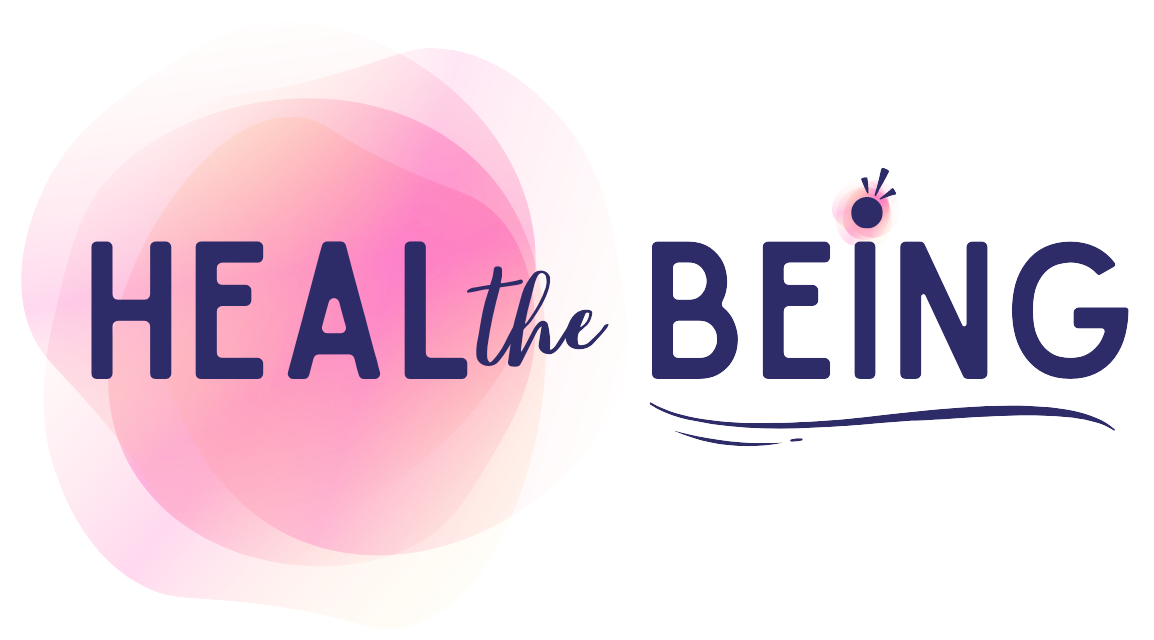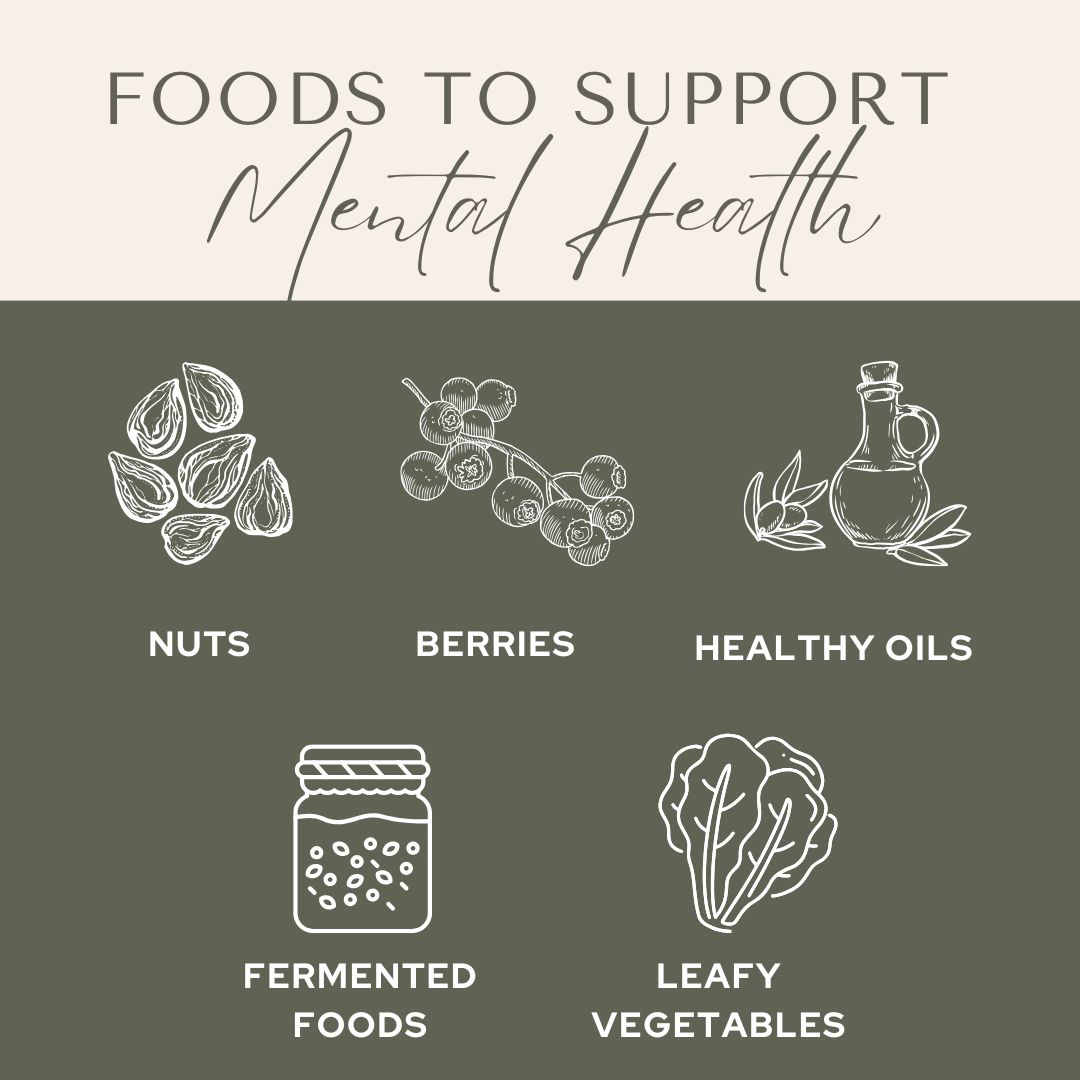In an era where information overload often complicates our understanding of health and nutrition, returning to the basics can provide clarity. From the importance of balanced nutrition to practical tips for healthy eating, this article aims to empower readers to make them informed about “Health and Nutrition” A big huge topic of conversation which is never-ending. So what exactly is health and nutrition? Let’s break it first. Health, being healthy, what does it actually mean? Being healthy means being fit, both physically and mentally. That’s what we’d term as being Fully Healthy! People have varied and different sorts of perceptions about the same.

- Some say it’s about being in the correct weight and BMI range.
- Some say being healthy is all about cutting processed foods and limit sugar intake.
- Some say intermittent fasting is the best way to be healthy and fit and the list is never-ending.
But the actual meaning of health and nutrition is to feed ourselves with the right kind of nutrition. At the most basic level, nutrition is about eating a regular, balanced diet. Good nutrition helps fuel your body. It impacts all of our bodies. The Importance of Balanced Nutrition is unmatched. Balanced nutrition serves as the foundation of good health, providing the body with the essential nutrients, it needs to function optimally. Carbohydrates, Proteins, Fats, Vitamins, and Minerals are the building blocks of a well-rounded diet, each playing a critical role in supporting various bodily functions.
By prioritizing nutrient-dense foods and avoiding excessive consumption of processed foods high in sugar, salt, and unhealthy fats, individuals can fuel their bodies effectively and reduce the risk of chronic diseases.
Let’s simplify it. Nutrients are of two major types- Macronutrients and Micronutrients. Macronutrients are Carbohydrates, Fats and Proteins. They supply us with the basic energy that we use in our day-to-day life. Micronutrients, as the name suggest is present is very less quantity but play very major role in our overall well-being. Vitamins and Minerals are very important to support our bodies. As much as health and nutrition impacts our physical health, it impacts our mental health too.
Nutrition is not only essential for physical health but also plays a crucial role in mental well-being. The food we consume provides the building blocks for neurotransmitters, influences brain chemistry, and affects mood regulation. In recent years, the intricate relationship between nutrition and mental health has garnered increasing attention from researchers and healthcare professionals. For example, omega-3 fatty acids found in certain seaweeds and algae can help reduce symptoms of depression and anxiety, while foods rich in antioxidants like berries can protect against oxidative stress, which is linked to ‘mental health disorders’. On the other hand, diets high in processed foods like sugars and unhealthy fats have been associated with an increased risk of depression and anxiety. Additionally, maintaining a healthy diet can improve sleep quality, energy levels, and overall resilience to stress. Incorporating mindful eating practices and seeking professional guidance when needed can further promote mental well-being through nutrition.
All in all, health and nutrition is what revolves around ourselves and our lives. By prioritising our health and the food that we eat, we not only help ourselves but also help our family members in a certain way by promoting good habits.




Leave a Reply